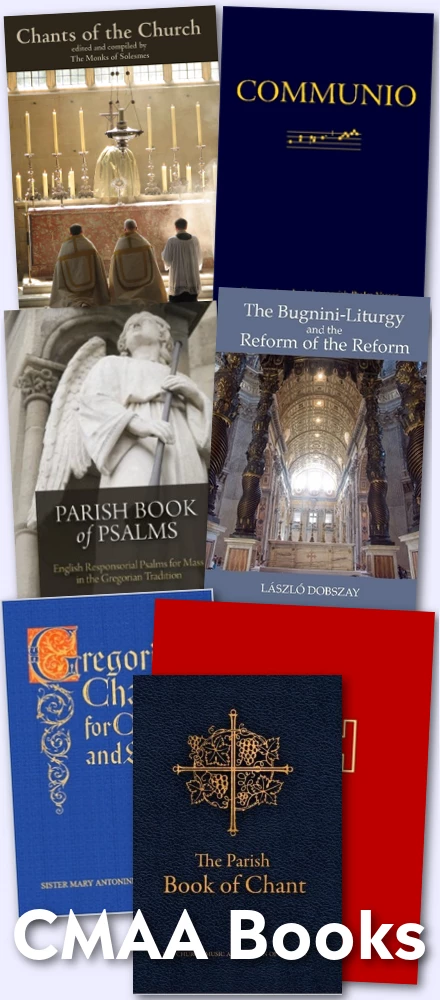As the NLM has a great interest in monasticism, monastic spirituality and the monastic vocation, it would seem remiss if we did not mention that today marks the feast of St. Antony of the Desert (A.D. 251 and 356), who has often been called the Father of Monasticism -- though he was not necessarily the first Christian monk. He was one of the famed Egyptian Desert Fathers. (Those interested in the Desert Fathers may like to acquire a copy of the Sayings of the Desert Fathers published as part of the excellent Cistercian Studies series.)
One of the most famous early lives of St. Antony, written around A.D. 360, was that attributed to another great saint, St. Athanasius; the Vita Antoni.
About St. Antony, Catholic Culture notes: "At age 18, the gospel text 'If you wish to be perfect, go and sell all that you have and then follow me' so moved him that he left everything behind and retired to an inaccessible place in the wilderness where he dedicated his life to God in manual work and continual prayer. In his old age, he imparted wisdom to his disciples and encouraged them to lead a monastic life."
Some of this wisdom, short sayings attributed to Abba Antony, have come to us today. Here are just a few examples:
Abbe Pambo asked Abba Antony, "What ought I to do?" and the old man said to him, "Do not trust in your own righteousness, do not worry about the past, but control your tongue and your stomach."
Abba Antony said, "A time is coming when men will go mad, and when they see someone who is not mad, they will attack him saying, "You are mad, you are not like us."
Abba Antony said, "I no longer fear God, but I love Him. For love casts out fear." (Jn 4:18)
Abba Antony said, "Whoever hammers a lump of iron, first decides what he is going to make of it, a scythe, a sword, or an axe. Even so we ought to make up our minds what kind of virtue we want to forge, or else we labor in vain."
Liturgically, the Feast of St. Antony of the Desert is celebrated in the Roman calendar on this day in both forms, as well as in the Byzantine liturgical calendar.
The following collect is found for St. Antony's feast in pre-Tridentine editions of the Roman missal, as well as the Missal of the Premonstratensians:
O God, who at the behest of blessed Anthony thy confessor grantest that the sickly fire be extinguished, and refreshment given to diseased members; in thy mercy cause us to be liberated by his merits from the fires of gehenna, and whole in mind and body, to be happily presented to thee in glory.
Within the Byzantine liturgy we see the following:
O Father Anthony, you imitated the zealous Elijah. You followed the straight paths of the Baptist and became a desert dweller. By prayer you confirmed the universe. Wherefore, intercede with Christ our God to save our souls.
- Apolytikion (Fourth Tone)
Finally, I would make mention of the Rituale Romanum which has a blessing of horses and animals which makes reference to St. Antony:
Almighty and everlasting God, who didst cause the glorious blessed Anthony, proved by various temptations, to pass unharmed through the storms of this world, grant to thy servants, that we may profit by his outstanding example, and be delivered from the dangers of the present life by his merits and intercession.
- Appendix, no. 65





















